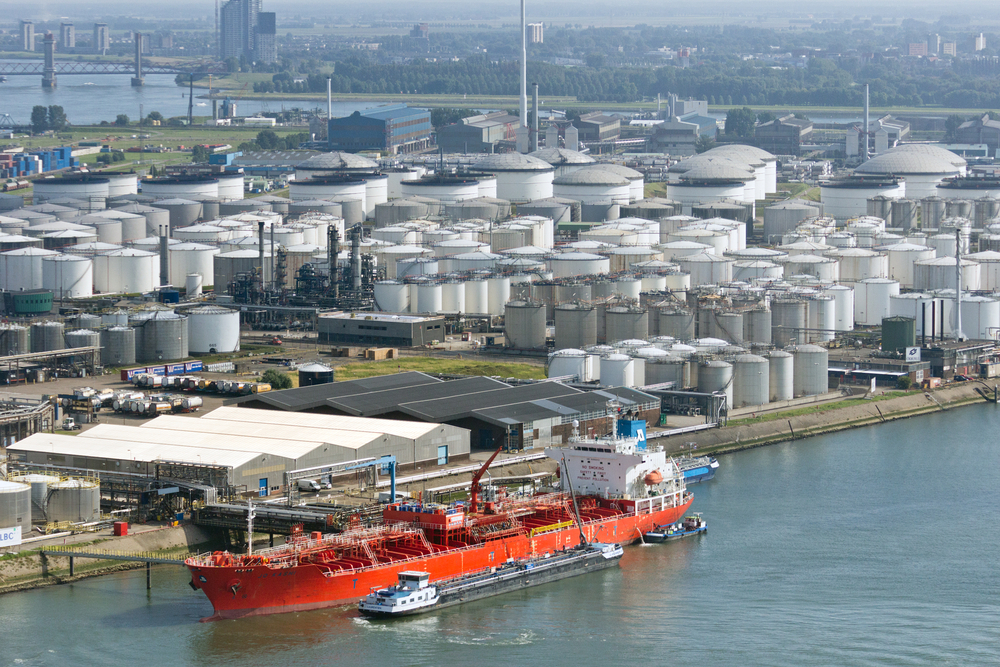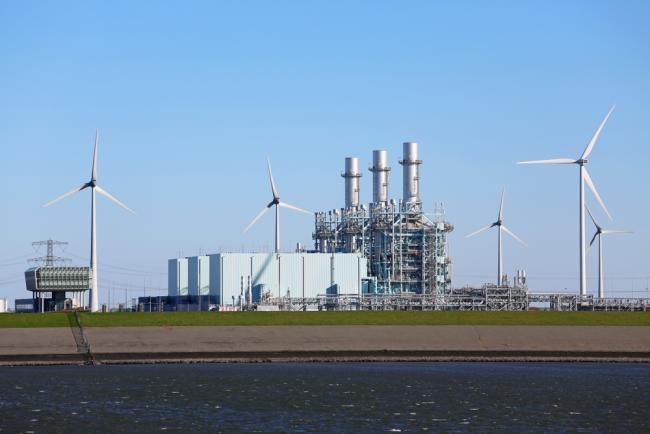Europe’s energy system facing multiple shocks: market adjustments and policy responses

Practical information
Themes and regions
Related centers and programs
This is a private event.
Learn more about our corporate support packagesRussia’s war with Ukraine has multiple spillover effects on Europe’s energy systems which face multiple threats adding up to systemic weaknesses and challenges.

Gas, oil, coal and electricity supply security are under threat and economies and societies are threatened by soaring prices fueling inflation. While hardships are inevitable, urgent actions are needed to foster the resilience of energy systems, cope with unprecedented tensions and challenges while not giving up on core decarbonization objectives. What is the threat assessment and short-term perspectives? What immediate actions can be taken on the supply and demand sides, and what are the long-term implications for the EU’s decarbonization strategy?
- Marc-Antoine Eyl-Mazzega, Director, Center for Energy & Climate, Ifri: The European energy system confronted to Russia’s war
- Alexandre Andlauer, Senior Global Energy Analyst, Kpler: Oil supplies in jeopardy? (tbc)
- Cédric Philibert, Senior Associate Fellow, Center for Energy & Climate, Ifri: Saving gas in a hurry
- Carole Mathieu, Head of the EU policies, Center for Energy & Climate, Ifri: The Fit for 2030 package in question or reinforced?
- Dominique Finon, Emeritus Senior Research Fellow, CNRS: Market design adjustments for limiting spillovers from the gas crisis to electricity markets
Discussant: Olivier Appert, Senior Advisor, Center for Energy & Climate, Ifri
This webinar will be held in English using the platform Zoom.
Find out more
The Energy Price Crises: A Reality Check for Europe’s Green Deal
On its path to carbon neutrality, the European Union (EU) will be exposed to growing energy price volatility and vulnerable to Russian and Chinese pressure on supply and demand.
The EU’s Carbon Border Adjustment Mechanism: A Piece in the Industry Decarbonization Puzzle
The Carbon Border Adjustment Mechanism (CBAM) is a first step toward reconciling the European Union (EU)’s climate and trade interests. However, a complementary set of domestic and external policies will be needed to drive the decarbonization of European and global energy-intensive industries.
Related Subjects
Other events

Paris Naval Conference 2026: Naval Rearmament and Operations in Contested Waters
This fourth edition of the Paris Naval Conference (CNP), bringing together high-level military, industrial, and academic speakers, will address the challenges associated with general naval rearmament and naval operations in increasingly contested environments.







